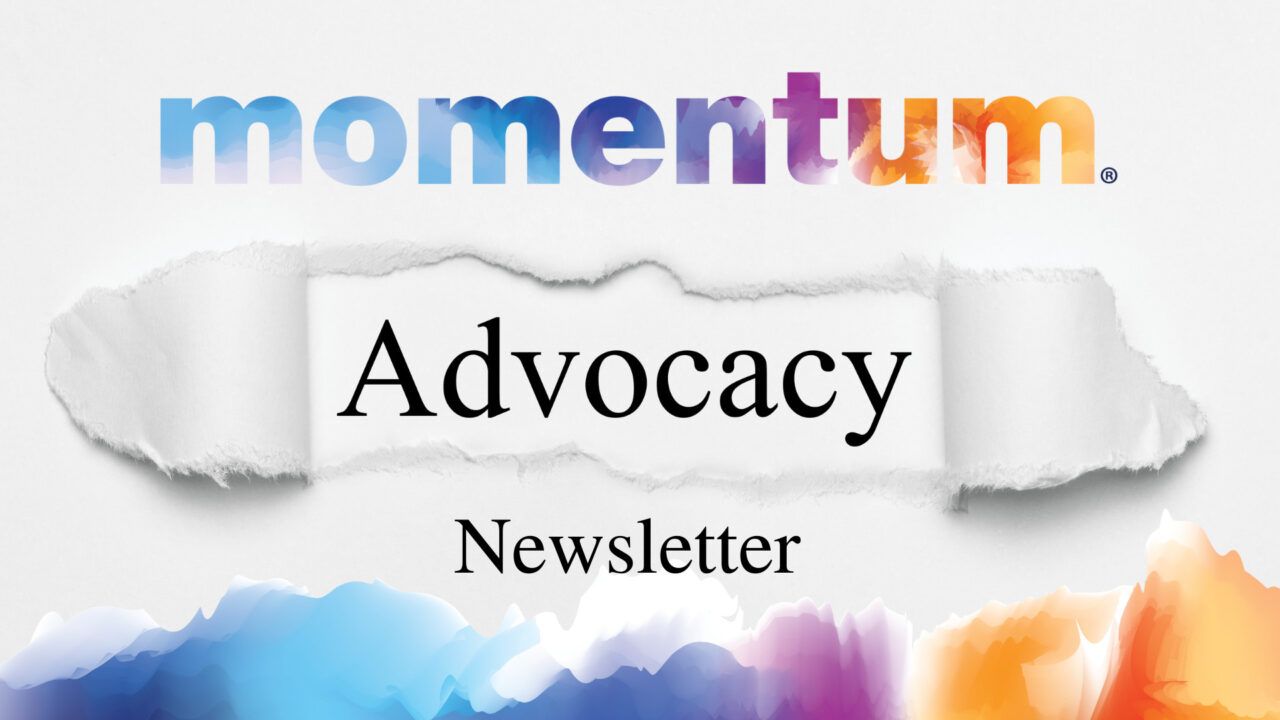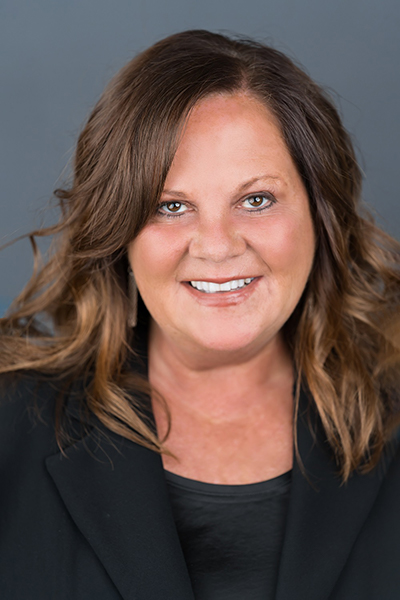|
In California, more than 427,000 people – of which 59,800 are children – have been diagnosed with epilepsy, a neurological disorder involving recurrent, unprovoked seizures. Because those seizures can happen at any time, AB 1810, the bipartisan Seizure Safe Schools Act, has been introduced in the California state legislature with the goal of supporting students with seizures and ensuring legal protections for school employees who help children with seizures.
Momentum has joined other California disability services organizations in supporting this important initiative to support students with disabilities while in school. The Seizure Safe Schools Act would:
- Safeguard physician-directed care by allowing schools to designate one or more volunteer employees to receive training on seizure recognition and response and administration of emergency anti-seizure medications.
- Establish minimum training standards for school employees who volunteer to support students with epilepsy or seizures.
- Support the development of seizure action plans for students with epilepsy or seizures and identify students eligible for Individual Education Plans (IEPs) and Section 504 accommodations.
- Guarantee legal protections for school employees who volunteer to support a student with epilepsy or seizures and administer emergency anti-seizure medication.
It is important that those who are supervising a child with epilepsy can be trained properly to recognize and, if necessary, respond to a seizure and help the child. AB 1810 would provide for a safer school environment for California students with epilepsy by increasing access to information and training for school staff. AB 1810 is very similar to legislation already enacted pertaining to the administration of epinephrine for allergic reactions experienced by students while at school.
|
U.S. Senate Passes Third Continuing Resolution as Work Continues on FY2022 Federal Budget
|
|
|
On February 17, the U.S. Senate passed a third FY2022 continuing resolution (CR), extending federal spending authority through March 11, 2022, by a 65-27 vote. The House had passed the measure on Tuesday, February 8, by a 272-162 vote. Congress needed to either complete appropriations work or pass another continuing resolution by the end of the night of Friday, February 18, when the CR, enacted in early December, was scheduled to expire.
Congress continues to struggle in approving a clean FY2022 federal budget that includes all 12 appropriations bills. Of particular interest to Momentum advocates is the Labor, Health and Human Services and Education (LHHSE) appropriations bill that includes $5,000,000 for Cerebral Palsy (CP) research and encourages the U.S. Centers for Disease Control and Prevention (CDC) to conduct an updated study of its 2003 report on the healthcare and societal costs of CP in the U.S. The appropriations bill also contains language urging the National Institutes of Health (NIH) to conduct a Cerebral Palsy Strategic Planning workshop focusing on early detection and intervention.
|
|
|
ACL Announces Jill Jacobs as Commissioner for the Administration on Disabilities
Ms. Jacobs has more than two decades of professional experience managing disability services organizations, analyzing policy, and working toward improved health and disability programs and services at local, state, and federal levels. She also has been a grassroots organizer for disability issues for more than 25 years. She was a key organizer in the successful campaign for President Franklin Delano Roosevelt to be depicted seated in his wheelchair in a statue at the national monument. In 1998, when her son was not allowed to attend his neighborhood school, she organized an effort around the inclusion of children with disabilities in Fairfax County public schools.
The ACL, a branch of the U.S. Department of Health and Human Services (HHS), was established in 2012 when the Administration on Aging, the Office on Disability, and the Administration on Developmental Disabilities were combined to better support the needs of the aging and disability populations and improve access to health care and long-term services. The ACL was created around the fundamental principle that older adults and people of all ages with disabilities should be able to live where they choose, with the people they choose, and with the ability to participate fully in their communities.
|
|
|
HCBS Funding in the Build Back Better Act Remains Stalled on Capitol Hill
The Build Back Better (BBB) Act continues to remain on hold in the U.S. Senate as that body focuses on a spending package and the upcoming confirmation hearings for the Supreme Court appointment to fill the seat of retiring Justice Stephen Breyer.
Disability advocates continue to fight for the inclusion of funding for the Medicaid Home and Community Based Services (HCBS) program as part of the Build Back Better Act legislation. Recently, United Cerebral Palsy and ANCOR, a Momentum Federal advocacy partner, joined more than 150 national organizations in calling on the Senate to pass the BBB Act to increase access to Medicaid HCBS and to address the direct care workforce crisis.
|
|
|
U.S. Health and Human Services Issues Guidance for Health Care Providers on Civil Rights Protections for People with Disabilities
On February 4, the HHS Office for Civil Rights (OCR) issued guidance for health care providers focusing on civil rights protections for people with disabilities under the Federal Rehabilitation Act and the Affordable Care Act.
The Administration for Community Living collaborated with OCR on a number of topics included in the guidance, which addresses providers’ obligations to ensure people with disabilities are not discriminated against in accessing the healthcare they need. The continuing COVID-19 public health emergency has highlighted significant gaps in access to healthcare by people with disabilities.
This guidance responds to many of the concerns raised by disability and aging organizations throughout this pandemic, covering topics that include:
- How civil rights laws prohibit discrimination against people with disabilities in accessing scarce healthcare during emergencies, including Crisis Standards of Care (CSC).
- Reasonable modifications to visitation policies, including in hospitals and long-term care settings.
- Accessibility of vaccination, testing and contact-tracing programs.
This guidance is intended to provide important safeguards to improve healthcare access for people with disabilities as well as provide guidance for use in future pandemics and public health emergencies. You can review the HHS guidance by visiting their website here.
|
|
|
U.S. Department of Education Publishes 2021 Annual Report to Congress on the Implementation of the Individuals with Disabilities Education Act
The U.S. Department of Education (ED) published its “43rd Annual Report to Congress on the Implementation of the Individuals with Disabilities Education Act (IDEA), 2021.”
The Annual Report to Congress focuses on children and students with disabilities who received services specific to IDEA, Part C, for infants and toddlers or IDEA, Part B, for children and youth. The report summarizes U.S. progress in:
- Providing a free appropriate public education (FAPE) for children with disabilities under IDEA, Part B and early intervention services to infants and toddlers with disabilities and their families under IDEA, Part C.
- Ensuring that the rights of these children with disabilities and their parents are protected.
- Assisting states and localities in providing for the education of all children with disabilities.
- Assessing the effectiveness of efforts to educate children with disabilities.
|
|
|
Momentum Refresh Set to Debut at LA Abilities Expo, March 4 – 6, 2022 in Los Angeles
2022 Disability Policy Seminar, March 28 – 30, 2022 at the Renaissance Downtown Hotel, Washington, D.C.
Registration has opened for the 2022 Disability Policy Seminar, an annual, three-day federal legislative conference. This year, the conference will be a hybrid event providing attendees with the option of participating in person in Washington, D.C. or virtually online.
The conference, sponsored in part by United Cerebral Palsy, strengthens federal disability advocacy efforts by having people from across the country come to Washington, D.C. to receive training and updates and visit their Members of Congress. The Disability Policy Seminar promotes unity and movement building and amplifies the concerns of people with IDD before Congress. For more information on the conference and to register, click here.
California Virtual Developmental Disabilities Public Policy Conference, April 26 – 28, 2022
The conference is presented by The Arc of California, Easterseals and United Cerebral Palsy and features nationally known speakers who have been trailblazers for promoting policies that improve the disability system — enabling people with intellectual and developmental disabilities to live inclusively in their communities.
|
|
|
|

